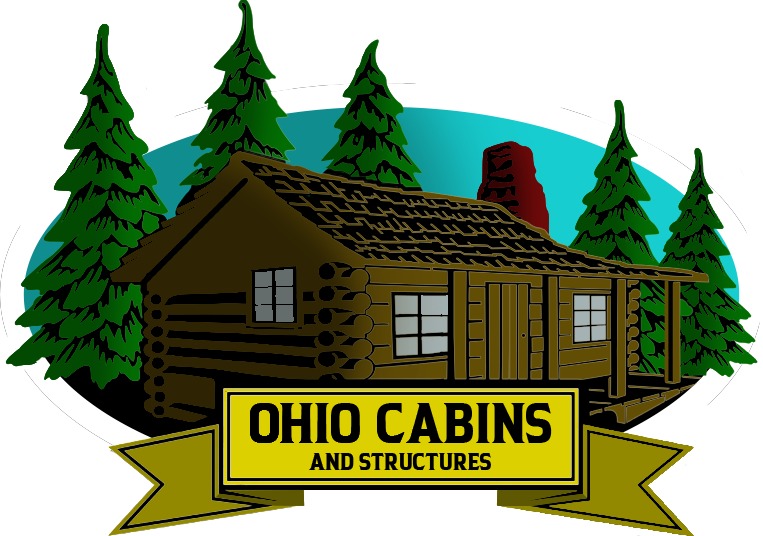Are you interested in investing in modular homes? If so, you’ll be happy to know that modular homes are a great way to get into real estate investment and offer tangible benefits compared to traditional homebuilding methods. With their shorter timeline for completion, lower cost of construction, superior energy efficiency, and custom design potential—modular homes could be the perfect fit for your next residential development project or even as your own family’s dream home! In this blog post, we’ll look at why modular homes make for such an attractive investment opportunity, from reducing financial risks associated with building new models to increasing resale value over time. Get ready to learn more about how these modern prefab housing developments can help power your investments and deliver a quality living situation at an affordable price point.
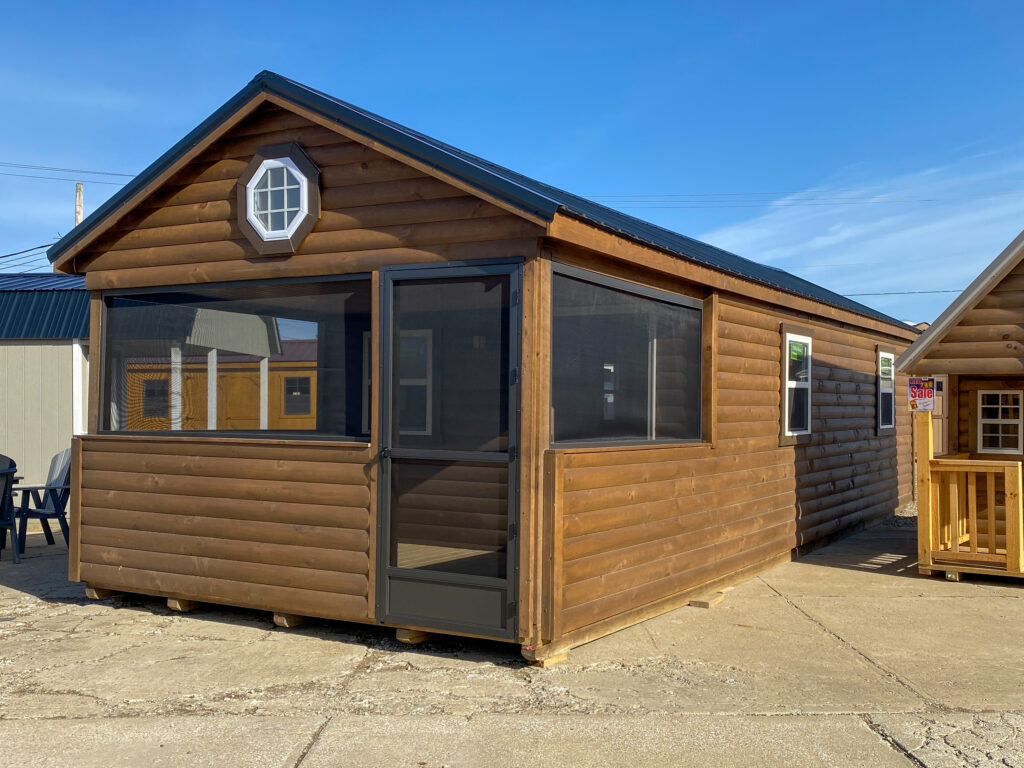
Understand the pros and cons of modular home ownership
Modular homes have been gaining popularity over the years due to their affordable cost and the ability to customize the design to your liking. However, there are also downsides to consider when it comes to buying and owning one. As with any investment, it’s important to weigh the pros and cons before making a decision. Some benefits of owning a modular home include lower costs, quicker build time, and the potential for energy efficiency. On the other hand, some drawbacks could be the difficulty in reselling the property, limited customization options once the home is built, and the potential for lower appraisal values compared to traditionally built homes. Ultimately, it’s up to the individual to decide if the advantages outweigh the disadvantages and if modular home ownership is the right choice for them.
Consider the cost savings associated with modular home construction
Modular home construction has become increasingly popular for its cost-effectiveness. Compared to traditional building methods, modular construction proves to be significantly less pricey. The materials used in modular homes are produced in a factory, where they are assembled in a controlled environment, thereby reducing construction waste. With pre-fabricated components and less construction time, costs of modular homes can be 15-20% cheaper than traditional construction. Moreover, modular homes are energy-efficient, which helps cut down utility bills and maintenance costs in the long run. With a growing demand for affordable housing, modular homes present an innovative solution that’s budget-friendly, eco-friendly, and quick to build.
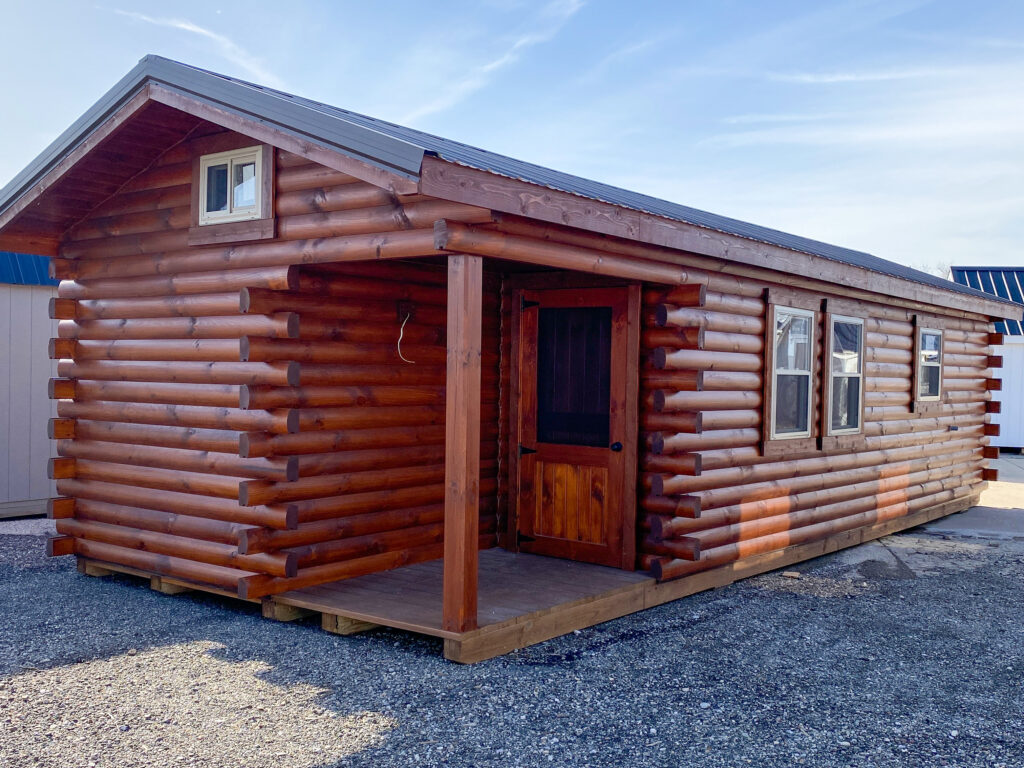
Analyze up-front and long-term costs of living in a modular home
Modular homes have become increasingly popular in recent years due to their cost-effectiveness and customizable nature. However, it’s essential to consider both the up-front and long-term costs before deciding to live in one. The up-front cost of a modular home includes the purchase price, delivery, and site preparation fees. On the other hand, the long-term cost includes expenses for utilities, maintenance, repairs, and renovations. While modular homes are generally less expensive than traditional homes, they also require regular maintenance to keep them in good condition. Additionally, if you plan on living in the modular home for an extended period, you may need to invest in upgrades to keep up with changing trends and technologies. Therefore, it’s crucial to analyze both up-front and long-term costs before making any final decisions. Are modular home a good investment, analyze and just find out!
Examine how modular homes can help you save on energy bills
As we become more conscious of our impact on the environment, finding ways to reduce energy usage in our homes is becoming increasingly important. One solution that is gaining popularity is modular homes. These prefabricated homes are designed to be energy-efficient from the start, providing homeowners with significant savings on their energy bills. From using high-quality insulation in the walls and roofs to installing Energy Star certified appliances, every aspect of a modular home is designed to be efficient. In fact, some homeowners have reported saving up to 50% on their energy bills after switching to a modular home. With the added benefit of being customizable, modular homes are quickly becoming a smart and eco-friendly solution for homeowners looking to save money and reduce their impact on the environment.
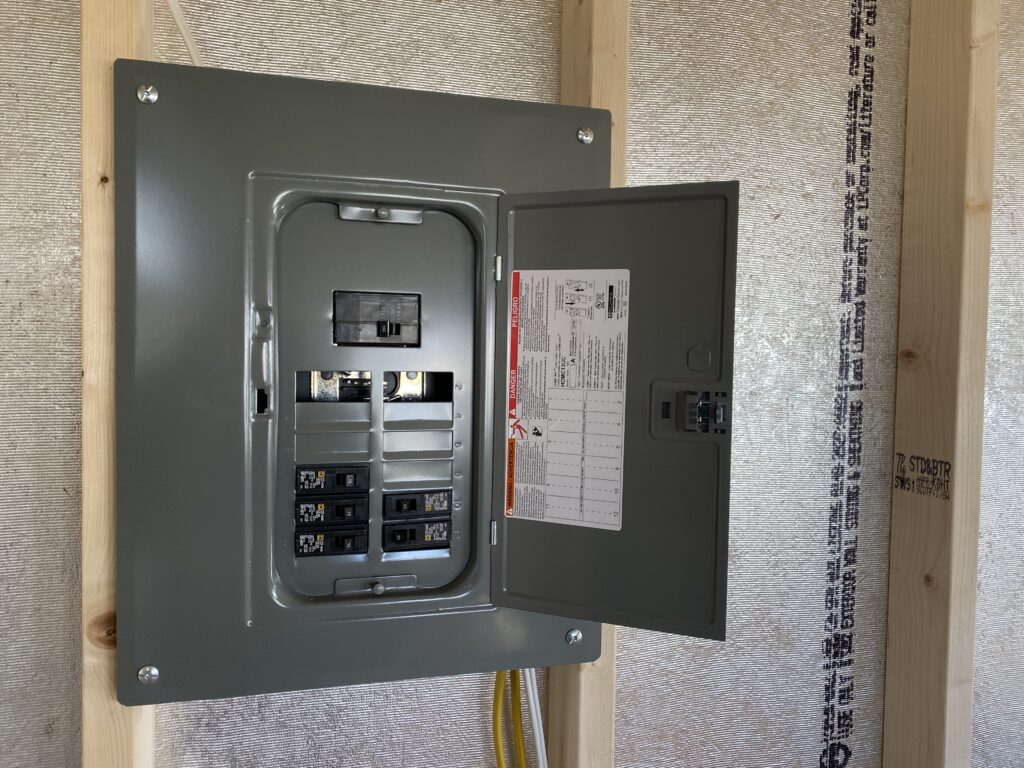
Learn about financing options available for purchasing a modular home
Purchasing a modular home is a great option for those who want the flexibility of customization and the convenience of a less expensive home. However, financing can be a concern for many buyers. Fortunately, there are a variety of financing options available. Depending on your situation, you may be eligible for traditional mortgage loans, Federal Housing Administration (FHA) loans, or loans specifically designed for modular homes. Some lenders may also offer construction-to-permanent loans, which cover both the building and financing costs. Be sure to research your options and work with a trusted lender to find the best financing solution for your modular home purchase.
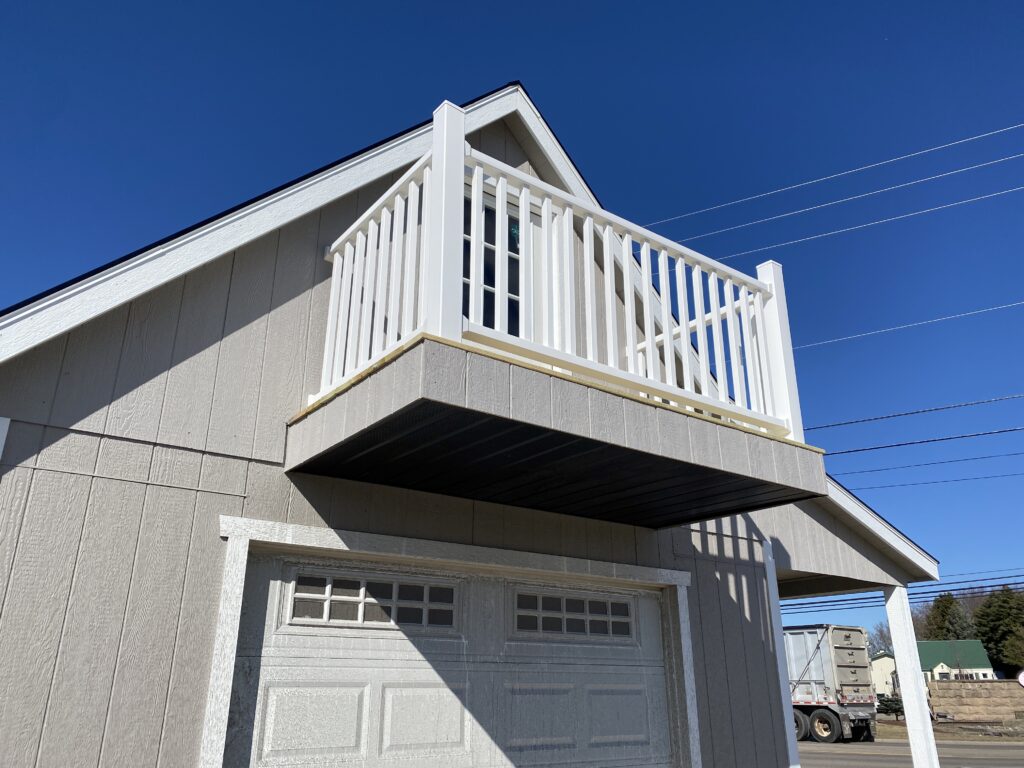
Assess the potential resale value of a modular home in your area
Are you considering purchasing a modular home in your area, but unsure of its potential resale value? It’s important to do your research and evaluate the market trends in your specific location. The resale value of a modular home can vary depending on factors such as location, size, and the quality of materials used in construction. However, in general, modular homes tend to hold their value well and can even appreciate over time with proper maintenance and upgrades. It’s always a good idea to consult with local real estate experts and take a close look at comparable properties on the market before making a decision. By doing your due diligence, you can make a smart investment in a modular home with great resale potential.
Concluding
Although purchasing a modular home requires thoughtful consideration, for those seeking practicality, cost savings, and sustainability, the return on investment could be well worth it. Modular homes offer potential buyers several up-front and long-term economic benefits (including an array of financing options). Although prospective owners should do their research as market conditions vary from region to region regarding resale value, when properly maintained modular homes can retain their value over time. Ultimately, homeowners need to consider a variety of factors and balance the pros and cons before making a decision that is right for them. With knowledge comes confidence in any home buying endeavor! Are modular homes a good investment, we hope this answers your question.
